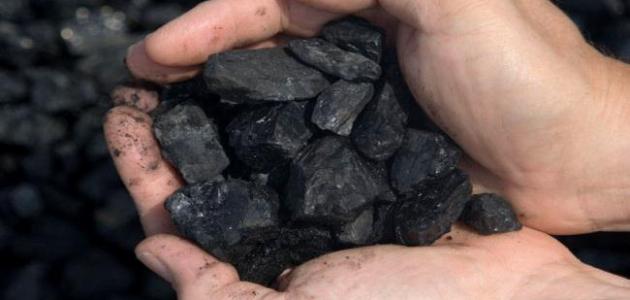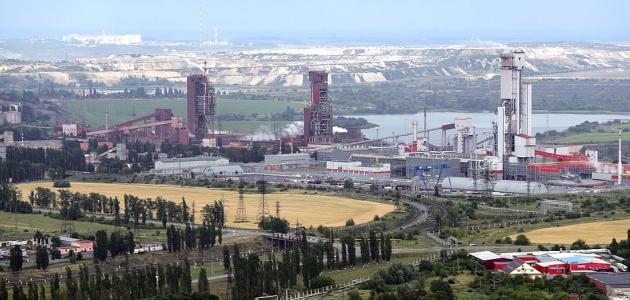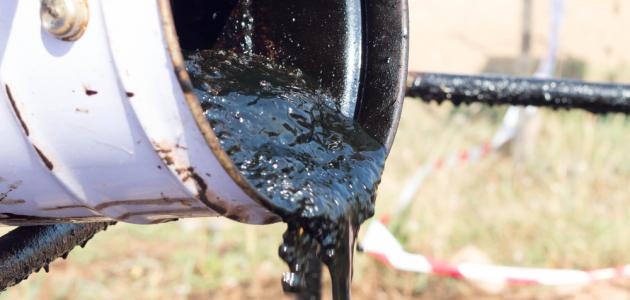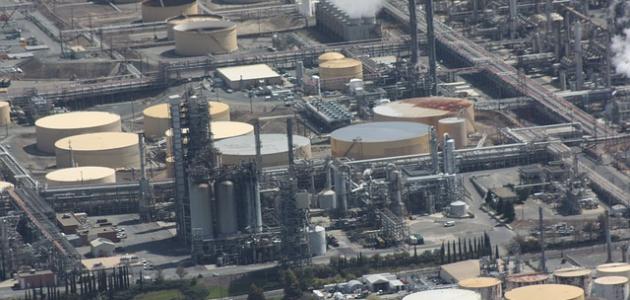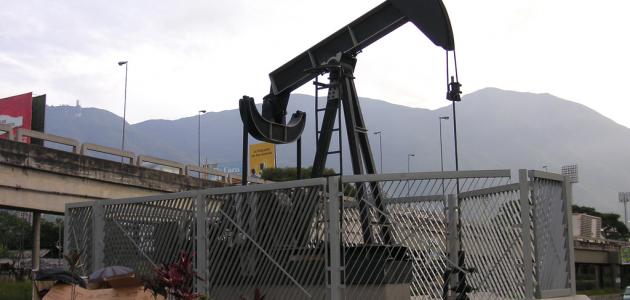properties of benzene
Like any other substance, benzene has many properties, including:
- It has a boiling point ranging between (32-204) degrees Celsius, which varies according to the different structure of HC compounds.
- It exists in the liquid state at room temperature.
- Its specific density is (0.680-0.760) g/cmXNUMX.
- It is distinguished by its transparent color and pungent smell.
- It is flammable.
- It is anti-knock, and this property is expressed by the octane number.
What is gasoline
Gasoline is a derivative of petroleum or what is known as crude oil. It is a mixture of liquid hydrocarbons, where its chemical composition consists of four to eight carbon atoms per gasoline molecule. It is used as fuel for cars, due to its ease of mixing with the air in the carburetor. It also produces a lot of energy when it burns.
Benzene is produced through the petroleum distillation process, by which the components of crude oil are separated, then the molecules are broken down into smaller sizes by the thermal cracking process in which high levels of pressure and heat are used. Benzene is also obtained through the polymerization of other hydrocarbon components that make up petroleum with heat and pressure. Adding catalysts for chemical reactions.
uses of gasoline
There are many common uses for gasoline, including:
Read also:How is oil extracted?- It is used as a fuel for cars, motorcycles and light-duty trucks.
- It is used to power electricity generators.
- It is used as fuel for boats.
- It is used as fuel for machinery and equipment used in construction work.
- It is used in agriculture in tillage machines and others.
- It is used as a solvent for fats and oils.
- It is used in spark ignition engines.
Requirements for the use of gasoline as a fuel
Some standards and requirements must be taken into account in order for gasoline to be used as a fuel for vehicle engines to reduce damage and protect them, in addition to improving the quality of their performance, as follows:
- The engine must be allowed to cool down easily, and this is done using gasoline with low boiling points, as the boiling point increases, the degree of volatility decreases from one state to another.
- It must prevent the formation of steam, with high temperatures, especially when the engine is running, which leads to the formation of steam that causes blockage in the engine, so it must prevent the formation of steam to allow the passage of gasoline through the engine.
- The fuel must be economical in order to use it, because of the loss and waste that results from the evaporation of gasoline due to the temperature.


